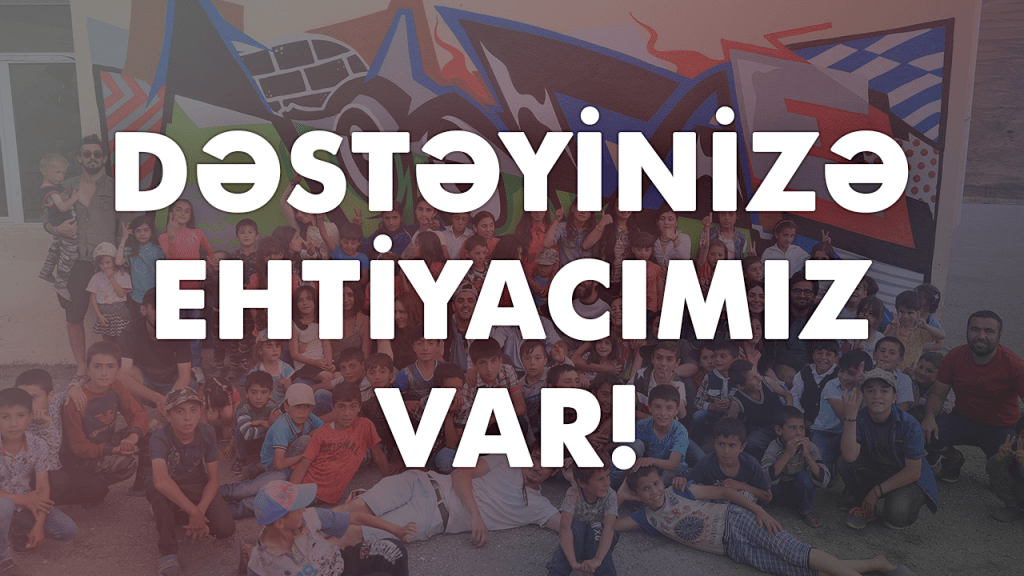32 Years Free, Yet Bound: Dissecting Post-Colonial Dissonance

Colonialism is a multifaceted practice of domination, characterized by the subjugation of one group by another. While some distinguish colonialism (direct governance by a foreign nation) from imperialism (indirect forms of domination), the core theme remains: it’s about power and control. Historically, justifications for colonialism often hinge on perceived superiority of the “colonizer” over the “colonized”. When an external entity takes control, introducing its systems for its own gain, using “colonizer” and “colonized” can be appropriate, but a singular understanding of colonialism misses the complexity of varied global interactions and progressive agendas (Spivak, et.al., 2006). This superiority encompasses multiple dimensions, including political, economic, cultural, and linguistic. The colonizer, viewing itself as superior, sees its domination as a mission.
Even though the notion of colonialism is often addressed in the European context, we can apply the same notion in the case of Azerbaijan, since most of the characteristics of colonialism had been present between the Tsardom of Russia and Azerbaijan, and later Soviet Union and Azerbaijan. According to Vatanabadi (1996), under the pretence of promoting equality, the Soviet regime perpetuated the colonial dynamics present during the czarist era. While the Russian influence was evident during the czarist times, in the new Soviet federation, echoing George Orwell, the Russians were evidently “more equal” than the rest. Claiming to bring “civilization” and “modernization”, Soviet Russia ensured its political, economic, and cultural control, especially over areas like Azerbaijan.
Yet, as Nandy (1989) articulates, colonialism operates on two fronts. The first is tangible, involving the occupation of land. Conversely, the second is more insidious, permeating culture, education, and thought (p.15). In the given context, the physical act of colonization might manifest as control over natural resources and territories. The subtler form surfaces in myths, such as “students in Russian sectors are more intelligent” or “speaking Russian signifies a ‘higher’ class status.”
It’s relatively straightforward to grasp the motivations of the colonizer, but the psyche of the colonized is more elusive. Here, Michel Foucault’s concept of power offers insights. Foucault envisaged power as pervasive, and omnipresent. “While power can manifest as brute force, it equally poses as the benevolent provider of cultural enlightenment. Through such duality, power presents as a political boundary yet also as a cultural opportunity” (Gandhi, 1998, p. 14). Cultural identities arise from abstract comparisons between cultures, with colonizers defining their identity in contrast to the “other” they sought to dominate (Said, 2001). Thus, the position of the colonizer, often perceived as “developed”, becomes the aspirational benchmark for colonized societies. Colonialism doesn’t directly erase native culture, but rather redefines and confines it, turning it against its own people, leading them to aspire to resemble their colonizers in hopes of escaping oppression (Kortright, 2003). Therefore, one can easily grasp the desire of “being similar” to the colonizer, as it alleviates the pain of being “the other”, “the colonized”.
It’s undeniable that colonialism’s legacy is one of pain and suffering for the colonized. This pain isn’t just evident in the historical accounts of oppression and exploitation but manifests in the collective psyche of the colonized populations. The colonized’s internal struggle to be recognized as “civilized” by outsiders reveals both the deep-rooted influence of colonial narratives and the pain these narratives have inflicted on their consciousness. These narratives have often been internalized, leading to a profound identity crisis, where the colonized continuously seek validation from the very powers that once subjugated them. Post-independence, many societies attempt to heal by distancing themselves from their colonial pasts. They strive to rebuild, revive indigenous traditions, and reframe national identities. However, the aftermath of colonialism often presents a mix of emotions: joy in celebrating newfound freedom juxtaposed with the lingering pain and anxieties from years of subjugation. This tension can shape national policies, influence cultural expressions, and even affect interpersonal relationships.
Such perspectives illustrate how colonial ideologies embed themselves deep within the societal fabric. Even 32 years post-independence, one wonders, “Why is there a lingering perception that Russian speakers belong to a ‘higher’ class?” or “Why do some nostalgically believe the Soviet era was superior?” These aren’t just innocent musings but highlight the deeper imprints of colonialism. They underscore the complexities of a post-colonial society’s identity. The pride of self-rule and autonomy coexists with the shadow of a past that seems to continuously challenge this very pride. These reflections highlight the cognitive dissonance some grapple with, a stark juxtaposition of the pride in newfound independence and the scars of a colonial past. It’s a testament to the enduring nature of colonialism, where even after formal structures are dismantled, their intangible legacies continue to influence minds and hearts.
References:
- Bhattacharya, K. (2015). Diving deep into oppositional beliefs: Healing the wounded transnational, de/colonizing warrior within. Cultural Studies? Critical Methodologies, 15(6), 492-500
- Gandhi, L. Postcolonial Theory: A Critical Introduction. pp. 1-63
- Kortright, C. (2003). Colonization and identity. The Anarchist Library, 1-14
- Nandy, A. (1989). Intimate enemy. Oxford: Oxford University Press
- Said, E. W. (2001). The Edward said reader. Granta Books.
- Spivak, G. C., Condee, N., Ram, H., & Chernetsky, V. (2006). Are we postcolonial? Post-Soviet space. PMLA, 121(3), 828-836
- Vatanabadi, S. (1996). Past, Present, Future, and Postcolonial Discourse in Modern Azerbaijani Literature. World Literature Today, 70(3), 493-497

METU Sociology graduate, Charles University – Public and Social Policy Master’s degree student





